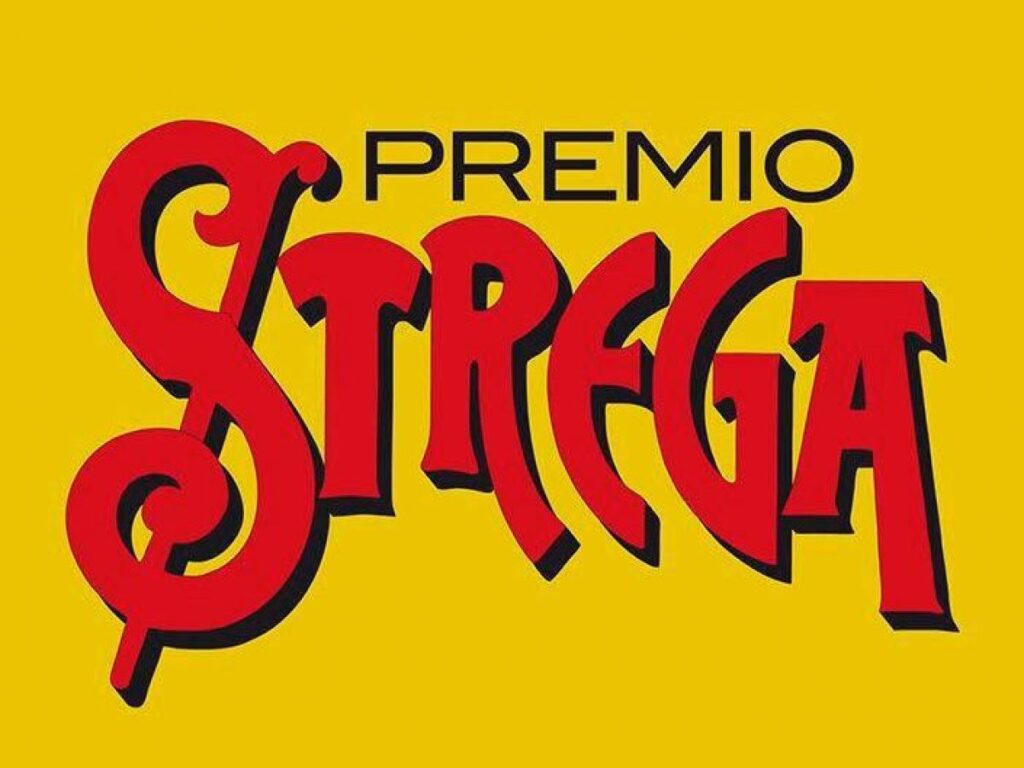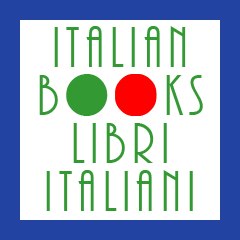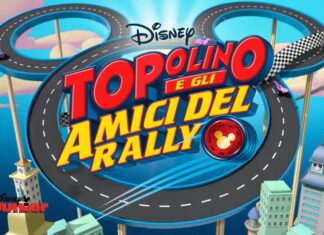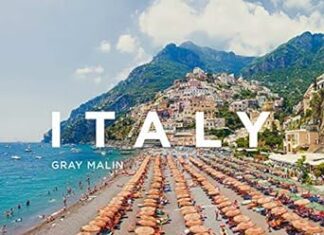Italy’s literary scene in the 21st century is a dazzling kaleidoscope, with established authors like Ferrante and Saviano continuing to reign supreme, while a kaleidoscope of fresh voices pushes boundaries and explores uncharted territories. Let’s delve deeper into this vibrant tapestry, weaving in some additional threads:

Masters of Historical Fiction:
- Elena Ferrante: Beyond the Neapolitan Novels, Ferrante’s “Days of Abandonment” offers a searing portrayal of female despair, while “Incandescent” explores themes of family secrets and the power of storytelling.
- Sandra Ponzo: Her novels like “The City of Light” transport readers to historical periods with meticulous detail and captivating narratives. She masterfully breathes life into forgotten stories, offering fresh perspectives on the past.
- Nadia Terranova: Her novel “Goodbye, Mr. Houdini” blends historical fiction with magical realism, weaving a tale of love, loss, and resilience set against the backdrop of Fascist Italy.
Contemporary Social Issues:
- Rosella Postorino: Her novel “The Feather Thief” sheds light on a true story of environmental activism and the lengths people go to protect endangered species.
- Michela Murgia: A prominent voice in the feminist movement, Murgia’s novels like “Accabadora” tackle issues of gender inequality and social injustices in contemporary Sardinia.
- Wu Ming: This literary collective, known for their collaborative writing style and exploration of political themes, offers a unique perspective on Italian society. Their work, often blending genres, challenges the status quo and sparks social dialogue.
The Power of Storytelling:
- Chiara Gamberale: Her playful and witty novels, like “Meridian Lines,” explore themes of love, friendship, and the complexities of growing up in contemporary Italy.
- Daniele Mencarelli: His debut novel, “The Lazy Class,” offers a poignant and humorous look at his experience with a learning disability, resonating with readers who feel like outsiders.
- Eshkol Nevo: This Israeli-born, Italian-raised writer offers a unique perspective on identity and belonging in novels like “Three Floors Up.”
Emerging Voices:
- Igiaba Scego: A Somali-Italian writer, Scego’s work like “Kasha” sheds light on the immigrant experience and the struggles of navigating cultural identities.
- Giulia Caminito: Her debut novel, “Water in the Mountain,” explores themes of female friendship and the weight of societal expectations in a rural Southern Italian setting.
- Helena عطا الله (Helena Attallah): This Palestinian-Italian writer offers a powerful voice in novels like “The Boarding School Diary,” which explores themes of cultural clashes and the search for belonging.
Further Exploration:
This list provides a mere glimpse into the vast landscape of Italian literature. Explore works by authors like Gaia Manzini, Gianrico Carofiglio (crime fiction), Alessandro Piperno, and Veronica Raimo. Additionally, delve into resources like “Premio Strega” (The Strega Prize) and “Premio Campiello” (The Campiello Prize) to discover award-winning gems. Buon viaggio nel mondo della letteratura italiana! (Happy journey into the world of Italian literature!)










